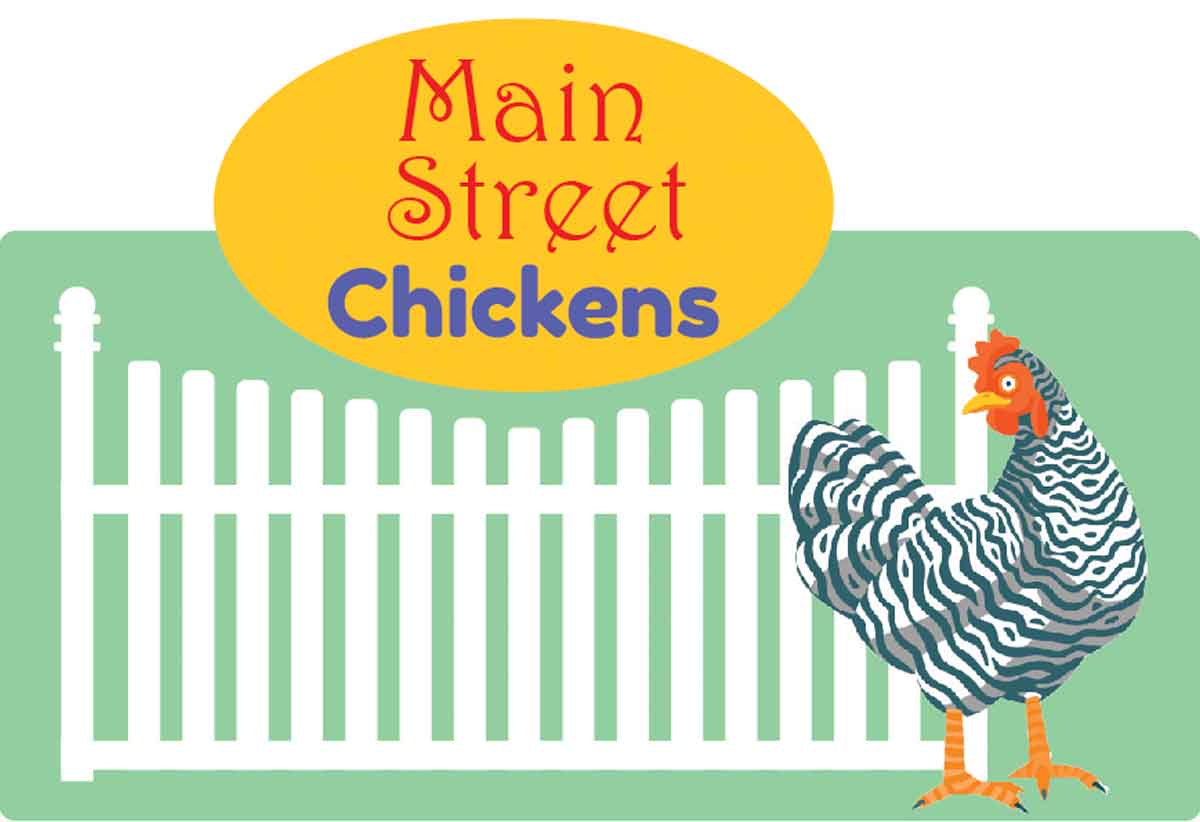Fresh Eggs are the Best!
Eggs produced in your backyard are healthier, they taste better and it’s better for the environment.
My Eggs are Downright Egg-stravagant!


Get ready to embark on an egg-citing journey into the world of backyard-raised bliss! Eggs, especially those harvested from backyard-raised chickens, are packed with a powerhouse of health benefits. Backyard eggs are often considered superior in nutritional value compared to their commercial counterparts. These eggs tend to have a higher concentration of omega-3 fatty acids, essential for heart health, as backyard chickens often have a diet rich in greens and insects. Additionally, they are an excellent source of high-quality protein, essential amino acids, and various vitamins and minerals, including vitamin B12, vitamin D, and selenium. Backyard eggs may also have lower levels of cholesterol and saturated fat. The benefits extend beyond nutrition — knowing the source and conditions of egg production can provide peace of mind regarding the eggs’ quality and ethical considerations. It’s a wholesome choice that not only contributes to a healthy diet but also fosters a connection to the food we consume. Imagine the satisfaction of knowing exactly where your eggs come from and the clucky conditions they enjoyed!
Pros of Egg Washing
- Hygiene: Washing removes dirt, feces, and potential contaminants, promoting hygiene.
- Marketable: Clean eggs look more appealing and are more marketable.
Remember, while washing can improve cleanliness, it’s essential to strike a balance to preserve the natural protective coating on the eggs. If the eggs are clean, it’s often best to avoid washing unless absolutely necessary.
Cons of Egg Washing
- Bloom Removal: Eggs have a natural protective coating called the bloom. Washing can remove this, making the eggs more susceptible to bacteria.
- Porous Shell: Washing can introduce bacteria if the shell is cracked, as eggs are porous.
Pros of Egg Washing
- Hygiene: Washing removes dirt, feces, and potential contaminants, promoting hygiene.
- Marketable: Clean eggs look more appealing and are more marketable.
Cons of Egg Washing
- Bloom Removal: Eggs have a natural protective coating called the bloom. Washing can remove this, making the eggs more susceptible to bacteria.
- Porous Shell: Washing can introduce bacteria if the shell is cracked, as eggs are porous.
Remember, while washing can improve cleanliness, it’s essential to strike a balance to preserve the natural protective coating on the eggs. If the eggs are clean, it’s often best to avoid washing unless absolutely necessary.
Washing Steps
- Use Warm Water: Use water warmer than the egg temperature to prevent bacteria from being drawn inside.
- Gentle Scrub: Gently scrub any visible dirt with a brush or sponge.
- Sanitize: Use a mild detergent if necessary, but avoid strong chemicals. Rinse thoroughly.
- Dry: Allow eggs to air-dry or use a towel, ensuring they are completely dry before storage.
Storing Eggs:
- Refrigeration: Store eggs in the refrigerator to extend their shelf life.
- Pointy End Down: Store with the pointed end down to help keep the yolk centered.
- Use Cartons: Place eggs in cartons to protect them and maintain freshness.
- Label: If you have multiple batches, label the cartons with the collection date.
Tips
- Check for Freshness: Perform the float test—if an egg sinks and lays flat on its side, it’s fresh; if it stands upright or floats, it’s less fresh.
- Rotate Stock: Use older eggs first to ensure freshness.
- Avoid Refrigerator Door: Store eggs in the main body of the refrigerator, as temperature fluctuations in the door can affect quality.
Some Favorite Egg Recipes
Spinach and Goat Cheese Frittata
Whip up a breakfast masterpiece with the Spinach and Goat Cheese Frittata, where vibrant spinach and creamy goat cheese come together in a harmonious dance of flavors.
Classic Deviled Eggs
Elevate your appetizer game with classic Deviled Eggs, a timeless and irresistible combination of creamy yolks, tangy mustard, and a sprinkle of paprika.
Homemade Pasta
Embark on a culinary journey with the simplicity of Homemade Pasta, where basic ingredients transform into strands of deliciousness, ready to be dressed in your favorite sauce.
Homemade Eggnog
Wrap yourself in the warmth of the season with Homemade Eggnog, a lusciously spiced concoction that brings festive cheer to every sip.
Eggs Have Many Uses!
Eggs are incredibly versatile and can be used in various ways beyond just cooking. Here are some alternative uses for eggs:
Hair Mask
- Whisk an egg and apply it to your hair as a nourishing mask. Rinse after 20 minutes for shiny, conditioned locks.
Facial Mask
- Mix an egg with honey or yogurt for a natural face mask that can help tighten and brighten the skin.
Soap Additive
- Eggs have been known to help with skin tightening, shrinking pores, calming redness and breakouts. The eggs also help the soap to hold more structure and build a fluffy creamy quality to the soap.
Adhesive
- Use egg whites as a natural adhesive for pie crusts, or to seal the edges of pastries.
Shoe Polish
- Rub the inside of a banana peel on your leather shoes, then buff with an eggshell for a natural shine.
Eggshell Fertilizer
- Crush eggshells and sprinkle them in your garden for a calcium boost in the soil.
Crafting
- Blow out the contents of an egg and use the shell for various crafts like Easter decorations or painted ornaments.
Leather Cleaner
- Beat an egg white and apply it to leather items, like handbags or shoes, to clean and shine them.
Homemade Glue
- Create a simple glue by mixing egg whites with a pinch of sugar. It can be used for paper or lightweight crafts.
Eggshell Seed Starters
- Use halved eggshells as small biodegradable seed starters for your garden.
Burn Relief
- For minor burns, apply a mixture of egg white and aloe vera for a soothing effect.
Eggs are a versatile and resourceful ingredient, both in and out of the kitchen!






